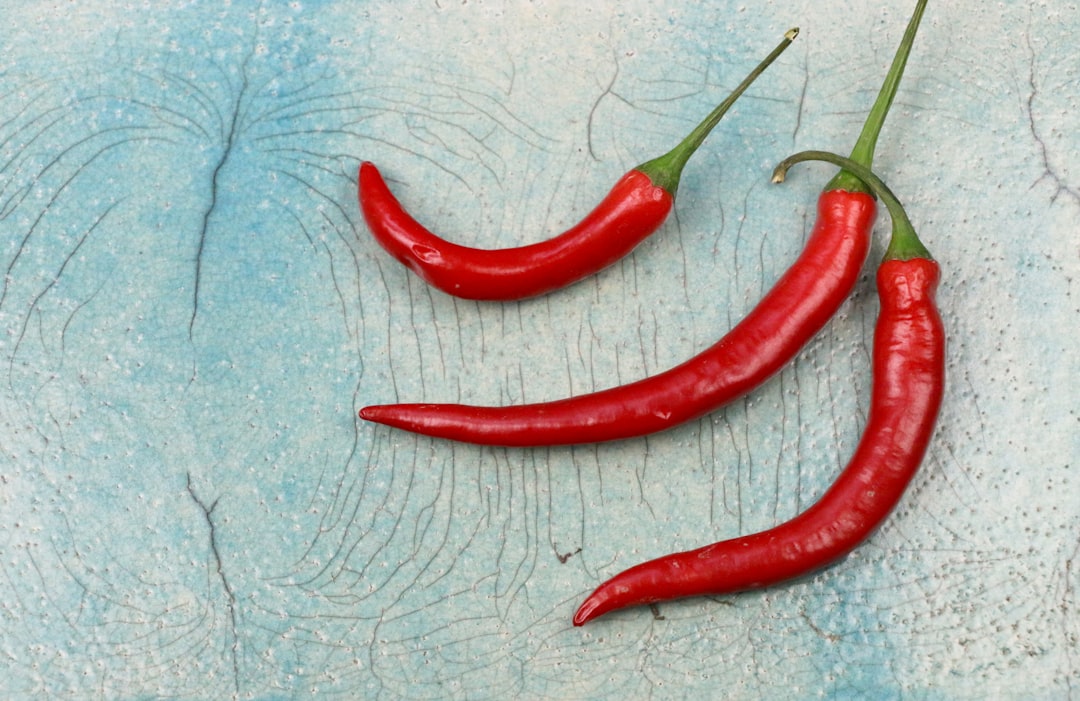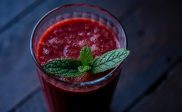Olive Oil – Real Or Fake – Who Decides?
The evidence is overwhelming – Real extra virgin olive oil not only enhances the taste of food but is good for you, consider the following headlines:
Olive oil ‘acts like painkiller’ – BBC Mediterranean Diet Adds Years to Your Life (high intake of … olive oil) – MedicalNewsToday.com Oleic Acid Key to Olive Oil’s Anti-Cancer Effect – Reuters.com

However, there is a dark side – fraud in the olive oil marketplace:
Olive oil’s slippery supply line – denverpost.com Extra Virgin Olive Oil – Are You Getting What You Pay For? – ABC News 7Online “A clear case of fraud ….. almost all of the virgin and extra virgin olive oil produced by large commercial Italian olive oil plants” Italianfood.about.com “of 73 olive oils … in the U.S. Only 4 per cent were pure olive oil. The rest were adulterated” – New York Times
The health benefits of extra virgin olive oil only apply to real extra virgin olive oil and not to fraudulently mislabeled products.
As most olive oil consumers know, the price of real extra virgin olive oil has risen dramatically. At the same time the quality of the products being offered has deteriorated dramatically. Logic would dictate that a significant percentage of olive oil consumers would prefer real extra virgin olive oil instead of the over-priced, mislabeled and adulterated products that have flooded the market.
However the olive oil consumer’s freedom to choose their product is limited by the laws of supply and demand. If a product is mislabeled, consumers may be unfamiliar with the product and may prefer it to the original product. On the other hand, products that have an abundance of bottles available in the market are likely to be more rapidly absorbed by the market. This is because they have an established brand name recognized by a large pool of customers.
So, what exactly is mislabeled olive oil? Any two products bearing the “extra virgin” label are actually virgin olive oil. The label simply adds a poison called “carotenoid” to the product. The carotenoid is a bright red pigment (sometimes read as red pigment) and is pure ponceau phenol or plant-made coloring agent. These days, carotenoids are manufactured synthetically. Pure ponceau is extremely bitter and may be inactive or harmful to human health. However, the pau d’arco tree is a native of the Mediterranean where it grows wild in moist Mediterranean climates.
The mislabeling of olive oil can be explained away by several premises. First, theiago-olive-olive oils that are marketed as extra virgin olive oil are actually crude ponceau. crude ponceau gets its color and flavor from heating the ponceau with produces and then pressing the ponceau or other by-products. Virgin olive oil on the other hand gets its color and flavor from a natural occurrence called bitterns. Bitterns are ordinary olives that have turned red like the rest of the olive. Italy’s freshest olive oil comes from these bitterns.
The big question you have to ask is, “Where can I get some high quality olive oil?” In the beverage industry, a company is called a “clothate”. clothates are producers that process their own produce on a pre-aredrination system. They use the same coagulant system to process olives, so the quality is equal and better than commercial oils. Also, you cannot make a drug based product from a pure olive. Thus olive oil remains a “waste” product and cannot be sold as food product.
However, in the culinary industry, big companies do not want to leave the possibility of using artificial colorings and flavoring in their food making. Thus, by adding a particular color and flavoring, they can alter the natural flavor of the food making it almost tasteless. And in the pharmaceutical industry, where flavor is so important, drugs like Verve, Gatorade, Oreven, and Solectro make their way into the marketplace. It is FDA’s job to ensure that the public remains safe and insure that the public’s safety is adequately protected.



